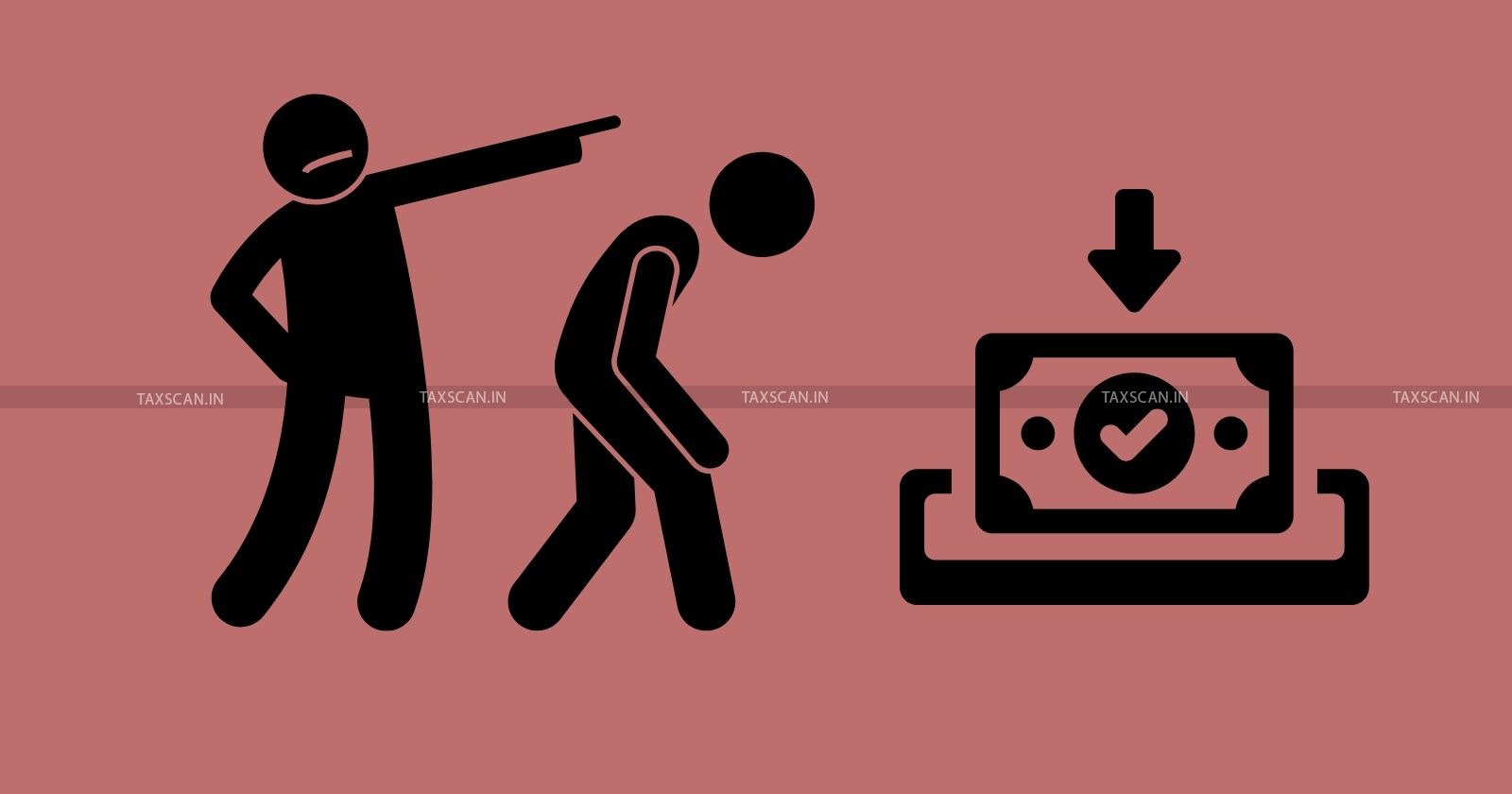Deposit made 'Under Protest' without SCN cannot be Barred by Unjust Enrichment u/s 11B of Central Excise: CESTAT allows Refund [Read Order]
Considering that deposits made "under protest" without a show cause notice do not constitute duty under Section 11B, CESTAT allowed the refund claim, ruling out unjust enrichment

Deposit Made ‘Under Protest’ – Barred by Unjust Enrichment – Section 11B – Section 11B of Central Excise – CESTAT – Central Excise – taxscan
Deposit Made ‘Under Protest’ – Barred by Unjust Enrichment – Section 11B – Section 11B of Central Excise – CESTAT – Central Excise – taxscan
The New Delhi Bench of the Customs, Excise, and Service Tax Appellate Tribunal (CESTAT) ruled that deposits made "under protest" without the issuance of a show cause notice (SCN) cannot be barred by the doctrine of unjust enrichment under Section 11B of the Central Excise Act, 1944.
Barmer Lignite Mining Company Ltd., the appellant, is engaged in lignite mining operations under a joint venture with the Government of Rajasthan. The company supplied lignite exclusively to JSW Energy (Barmer) Limited under a Fuel Supply Agreement. The price of lignite was determined by the Rajasthan Electricity Regulatory Commission (RERC) on an interim basis.
The Central Excise Department alleged undervaluation and issued two show cause notices demanding Rs. 67.28 crores between October 2011 and March 2016. Pending adjudication, the appellant deposited the amount "under protest" and continued deposits totaling Rs. 40.27 crores for periods without an SCN.
Master GST - Expert-Led Courses for Ambitious Professionals, Click Here
The tribunal set aside the demands observing that the RERC-fixed interim prices were binding. The appellant filed a refund claim for Rs. 107.56 crores supported by financial records and a Chartered Accountant's certificate, citing that the deposits were not duty and hence not subject to unjust enrichment.
The adjudicating authority granted the refund but the Commissioner (Appeals) reversed this decision holding that the deposit was accounted as an expenditure in financial statements, implying that the duty burden had been passed to customers. Aggrieved, the appellant approached the CESTAT.
The appellant’s counsel argued that deposits made "under protest" during investigations are not subject to unjust enrichment. The counsel referenced several judicial precedents such as Chambal Fertilizers and Chemicals Ltd. v. Commissioner of CGST.
Master GST - Expert-Led Courses for Ambitious Professionals, Click Here
The revenue’s counsel argued that the refund claim did not meet the test of unjust enrichment citing accounting treatments in the appellant’s financial records and claiming that deposits were equivalent to duty payments.
The two-member bench comprising Binu Tamta (Judicial Member) and P.V. Subba Rao (Technical Member) observed that deposits made "under protest" during adjudication or investigation do not constitute duty payments under Section 11B of the Central Excise Act and are not subject to unjust enrichment.
The tribunal referenced the Karnataka High Court ruling in Commissioner v. Motorola India Pvt. Ltd., which held that such deposits cannot be treated as duty payments. The tribunal restored the adjudicating authority's decision allowing the refund claim and providing consequential relief to the appellant. The appeal was allowed.
To Read the full text of the Order CLICK HERE
Support our journalism by subscribing to Taxscan premium. Follow us on Telegram for quick updates


